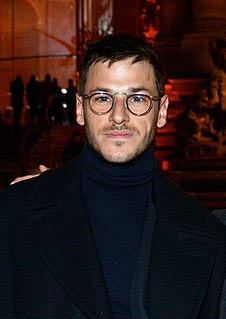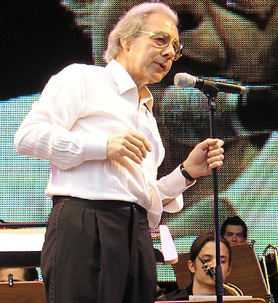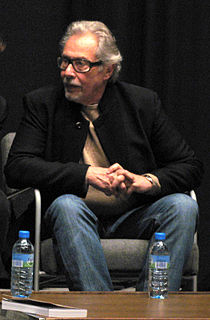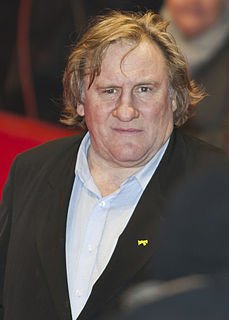A Quote by Gaspard Ulliel
I studied cinema at the university so I had a very classical approach to it. I studied all those silent films, and then the films from the 1940's, the Nouvelle Vague, the late Hollywood films. Now I realize, as a young actor, that it's one of my duties to actually be aware of what is today's industry and today's next big directors.
Related Quotes
I was very young, maybe five. The opera was very... I was attracted to opera to the point that I think it's the reason I started to write music for films. I never studied. There are film and music school that teach you how to write music. I never studied that. But the influence of opera, which is a combination of storyline, visuals, staging, plus music... that was perhaps the best school I could have had. That's what gave me the idea of coming to Hollywood to write music for films.
When you're talking horror or sci-fi, you're working in a genre that has loosely certain thematic elements, or, you could even call them rules. But rules are there to be broken. I think that young filmmakers should go all the way back to the history of horror, from silent films like "Nosferatu", and through to today's horror films, so they understand the history of horror films and what has been done. Understand that, and then add something new or original.
The '60s in London obviously brought about the explosion of music, the Beatles especially, and then the Rolling Stones and other forms of music, and then fashion and photography and films - kitchen-sink dramas we called them at that time, which was our nouvelle vague in Britain, films that talk about real life.
The '60s in London obviously brought about the explosion of music, the 'Beatles' especially, and then the 'Rolling Stones' and other forms of music, and then fashion and photography and films - kitchen-sink dramas we called them at that time, which was our 'nouvelle vague' in Britain, films that talk about real life.
I didn't see films when I was young. I was stupid and naïve. Maybe I wouldn't have made films if I had seen lots of others; maybe it would have stopped me. I started totally free and crazy and innocent. Now I've seen many films, and many beautiful films. And I try to keep a certain level of quality of my films. I don't do commercials, I don't do films pre-prepared by other people, I don't do star system. So I do my own little thing.



































